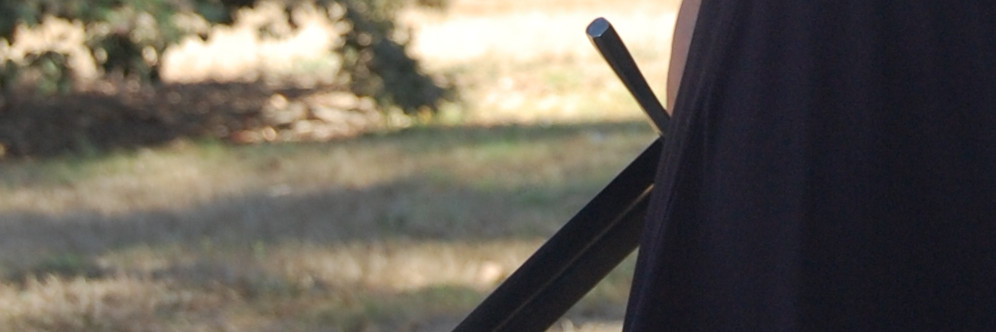
When thinking about the most important aspects of a story, the first things that come to mind are plot and character– the things that happen and who makes them happen. And to some extent, that’s entirely true. The characters we meet in a piece of fiction and the journeys we take with them are what make our favorite stories so compelling. But perhaps there’s a third part that is just as important to a good story: the setting.
It’s entirely possible that this is common knowledge, and I’m just a little late to the game. Even so, I think it’s fair to say that we tend to focus a bit more on the two elements that I mentioned first. Stories are retold in different settings all the time– think Shakespeare’s plays– and, at least when we like how it turns out, we don’t have any problem saying that it’s still the same story. As long as the plot and the characters remain the same, it’s easy to say that the story is fundamentally the same.
Of course, the fact that so many of the Bard’s plays have been retold and given a different location in time or space serves as evidence that the setting is a large part of what makes each particular story what it is. If it didn’t, there wouldn’t be any point in changing it in the first place. When Hamlet’s tragedy plays out in a modern day setting as opposed to medieval Denmark, different aspects stand out. One might expect to encounter a ghost in a drafty castle, but if that same ghost stalks the halls of a twentieth century military base he might seem a little more out of place, and even though the characters will ultimately react in more or less the same way in a faithful retelling, the incongruity draws our attention.
That’s a specific example, but the point holds true: a story might tell how a scrappy hero rises from nothing and fights to topple an oppressive dystopia, but if the story is set in a fantasy world with swords and magic, it would have a different theme than if the events played out on a space station in the distant future. The first describes what we are capable of doing to each other. The second makes a similar point, but also makes sure that we know that it’s not something relegated to a barbarous past.
